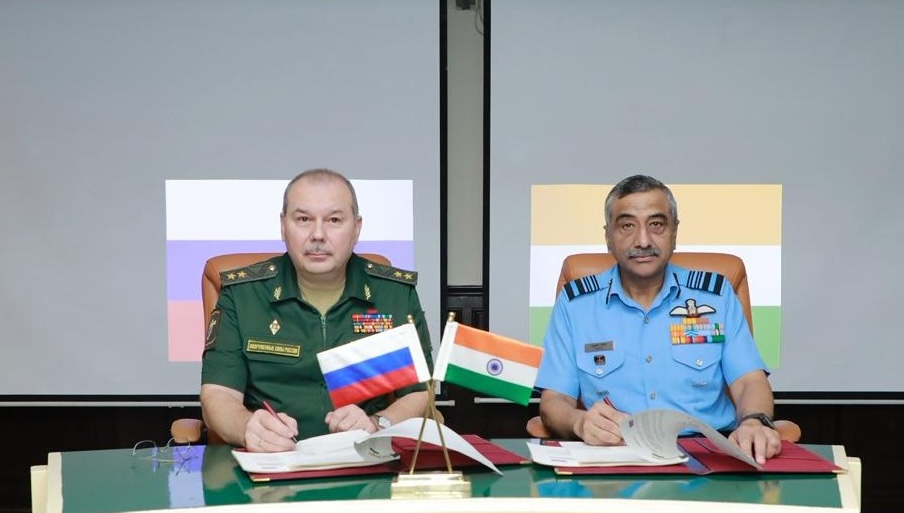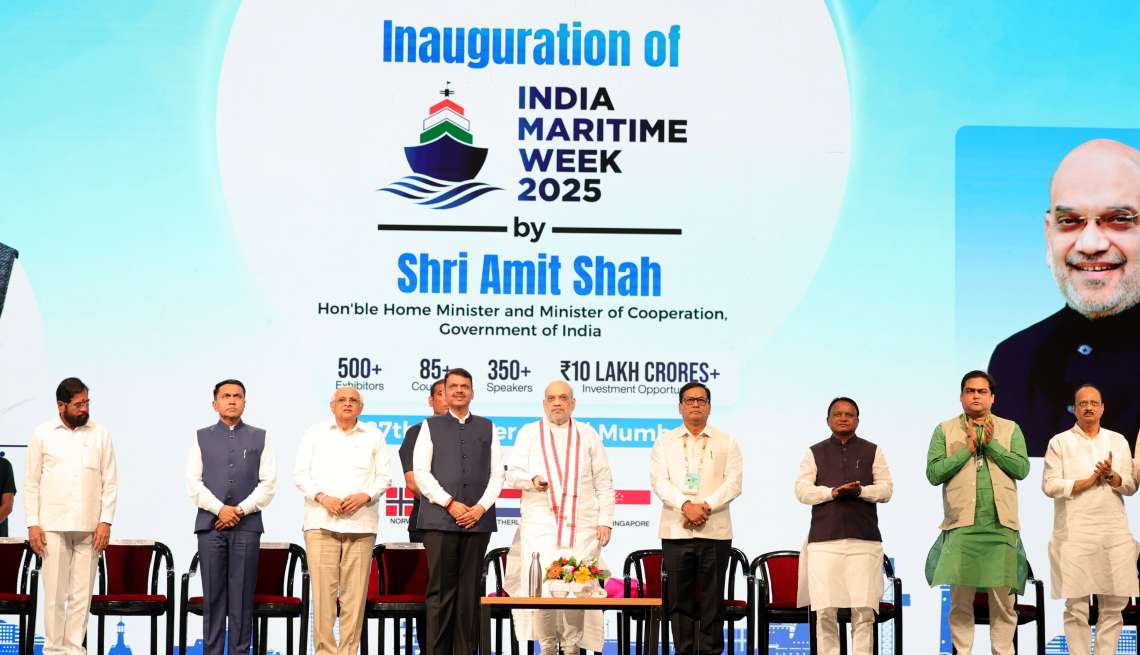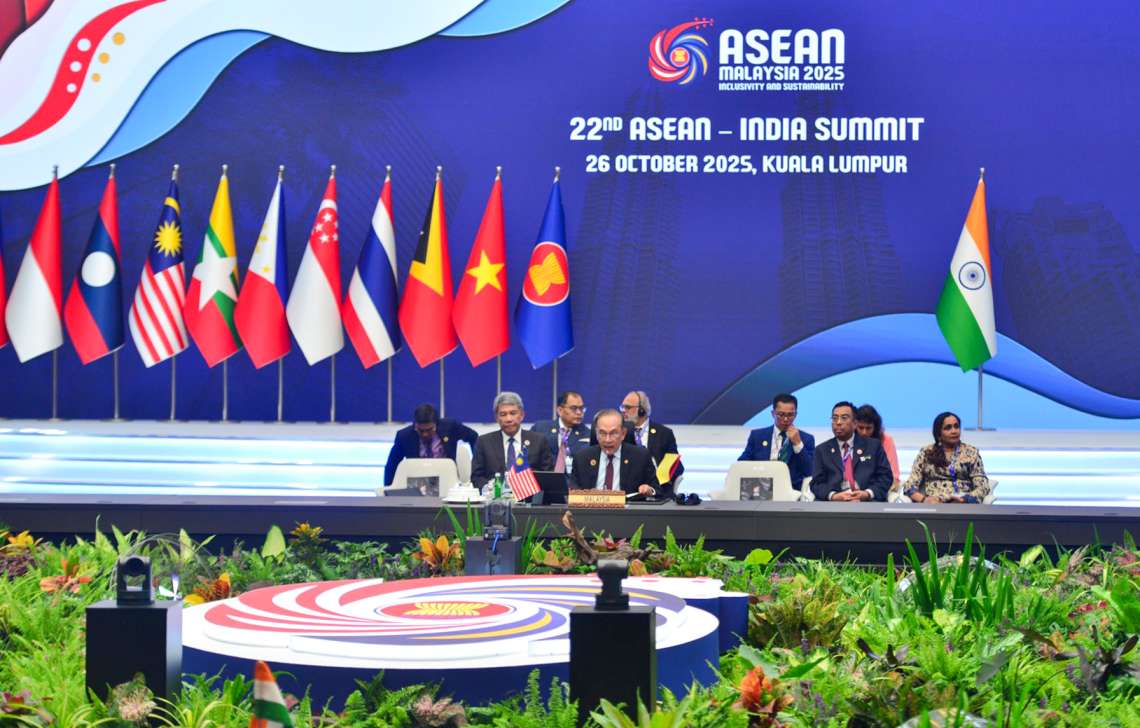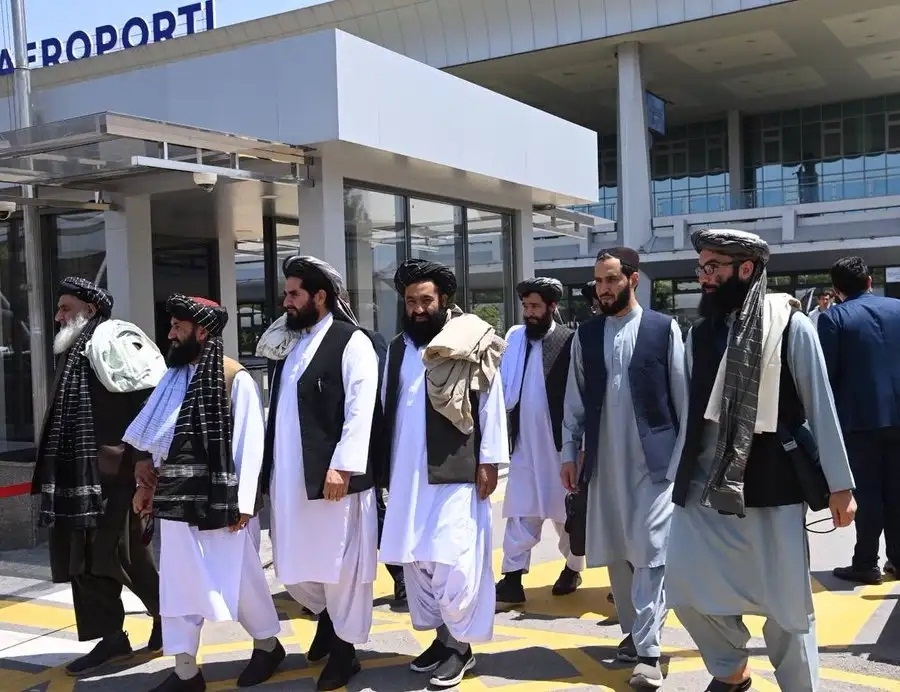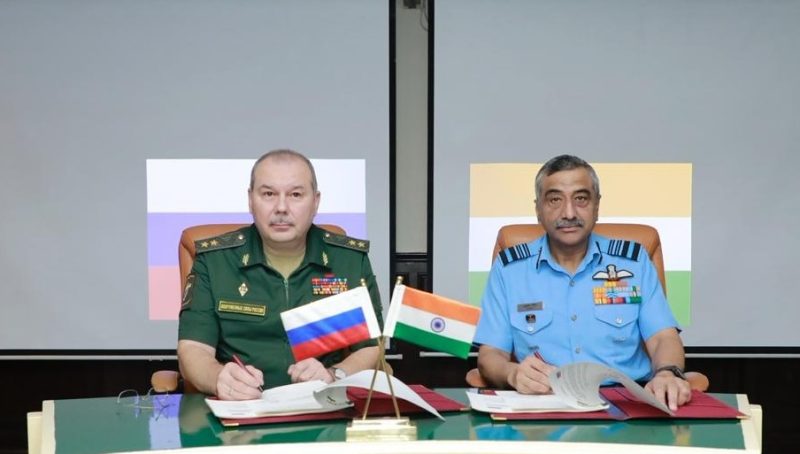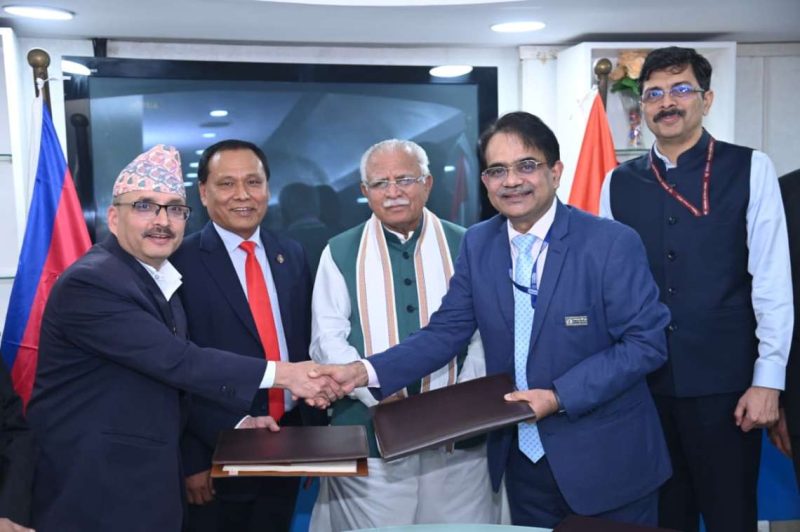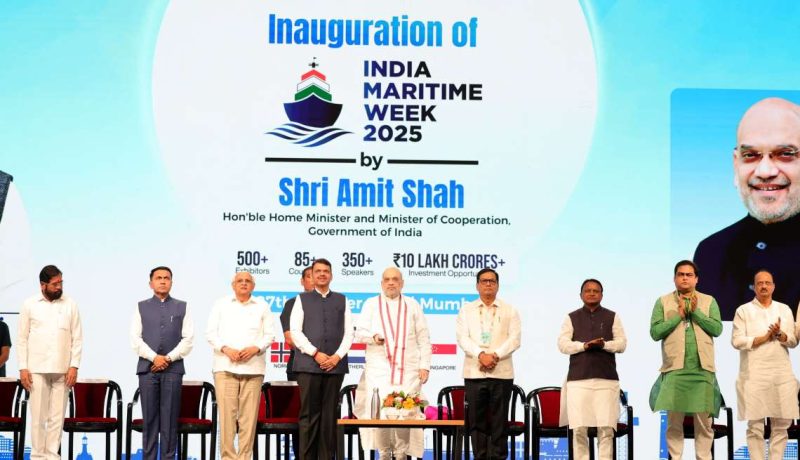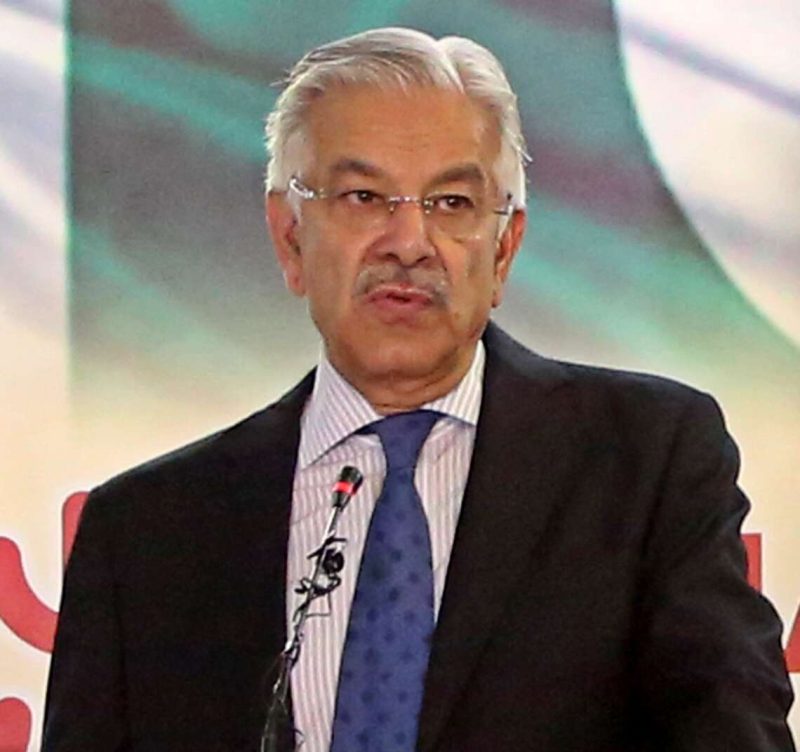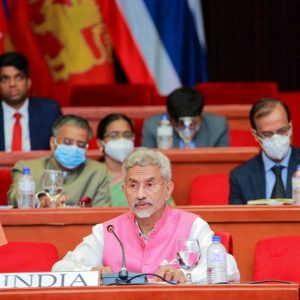Regarding India’s approach to its neighbour, Saikia said India is for an immediate cessation of violence…reports Asian Lite News
India has strongly denounced the human rights report on Myanmar as biased and communal, claiming it suggests the Pahalgam terrorist massacre in April impacted the treatment of Rohingya migrants.
“I strongly denounce the biased approach adopted by the SR [special rapporteur] of the innocent civilian victims of the April 2025 terrorist attack in Pahalgam through biased communal lens”, BJP MP Dilip Saikia said on Tuesday.
“The allegation that this terrorist attack impacted displaced persons from Myanmar has absolutely no factual bearing”, Saikia told a briefing on human rights in Myanmar.
He was reacting to the allegations made against India by the special rapporteur for human rights in Myanmar, Thomas Andrews, a US Democrat politician-turned Harvard academic.
“My country rejects such prejudiced and blinkered ‘analysis’ by the special rapporteur”, said Saikia.
He is one of the MPs joining India’s delegation to the General Assembly.
Referring to the Rohingyas in India, he said, “My country is seeing an alarming level of radicalisation among the displaced persons leading to consequential pressure and impact on the law and order situation”.
The Rohingya organisation behind the crisis in Myanmar is the Arakan Rohingya Salvation Army (ARSA) led by Ataullah abu Ammar Jununi, a Karachi-born Rohingya.
In August 2017, ARSA launched communal attacks on Hindus in Myanmar, killing 99 of them — women, men, and children — and abducting several, according to Amnesty International.
Regarding India’s approach to its neighbour, Saikia said India is for an immediate cessation of violence, release of political prisoners, unhindered delivery of humanitarian assistance, and inclusive political dialogue.
“We firmly believe that sustainable peace can only be secured through inclusive political dialogue and the early restoration of democratic processes through credible and participatory elections”, he added.
In his report, Andrews claimed that after the Pahalgam terrorist attack, “refugees from Myanmar have been under severe pressure in India even though no individuals from Myanmar were involved in the attack”.
Giving a communal tinge, he said the terrorist attack was on “Hindu tourists” even though the terrorists’ motive was to kill non-Muslims and their victims included a Christian.
Saikia told Andrews “not to depend upon unverified and skewed media reports whose sole purpose appears to be maligning my country where people of all faiths live, including more than 200 million Muslims, which is about 10 per cent of the world’s Muslim population”.
Special Rapporteurs are unpaid independent experts appointed by the UN Human Rights Council to monitor human rights situations in countries or about issues and do not necessarily reflect the views of the Secretary-General or the UN.
Andrews is a former Democratic Party member of US Congress and is now the director of Harvard University’s Southeast Asia Human Rights Project.
He said Rohingya refugees told him that in recent months they “have been summoned, detained, interrogated and threatened with deportation by Indian authorities”.
He alleged that about 40 Rohingya refugees were taken by sea and let off the coast of Myanmar, while others were deported to Bangladesh.
The Rohingya exodus began after the terrorist group ARSA attacked Myanmar security posts in August 2017 sparking a massive retaliation.



